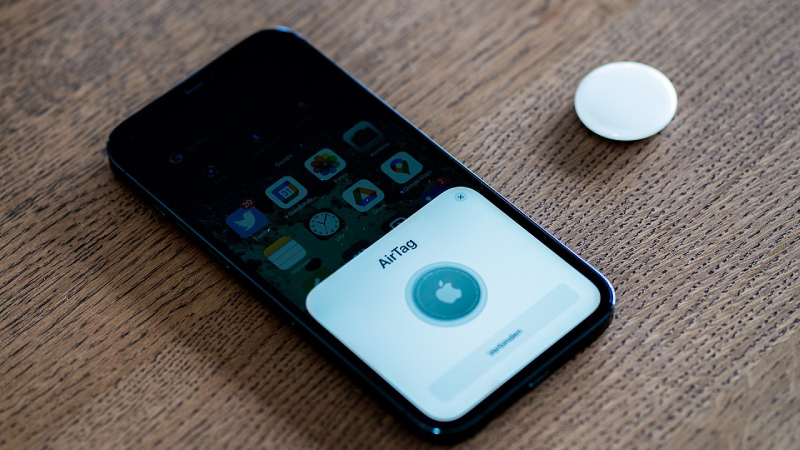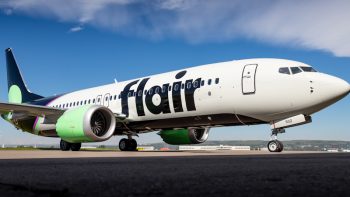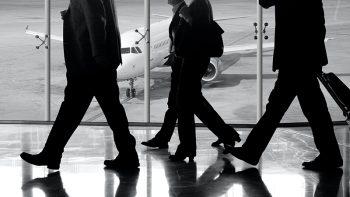
During a summer of world-wide travel chaos that included widespread luggage handling issues, Apple AirTags became the savvy travellers’ favourite hack to ensure pax would be able to track a lost bag- even if an airline seemingly could not.
That is, until this week, when reports were swirling on German news media suggesting that Lufthansa was banning the devices - and that other airlines would soon follow suit.
Originally, when asked on Twitter to clarify the rumours, the German airline’s social media team said yes, AirTags would be banned, as they “are classified as dangerous and need to be turned off.”
Hi David, Lufthansa is banning activated AirTags from luggage as they are classified as dangerous and need to be turned off./Mony
— Lufthansa (@lufthansa) October 8, 2022
And when asked why exactly they were classified as dangerous, another Lufthansa social media team member said the trackers were “subject to the dangerous goods regulations” as per the International Civil Aviation Organization (ICAO)’s guidelines.
According to ICAO guidelines, baggage trackers are subject to the dangerous goods regulations. Furthermore, due to their transmission function, the trackers must be deactivated during the flight if they are in checked baggage and cannot be used as a result. /Ana
— Lufthansa (@lufthansa) October 9, 2022
False Alarm
But by the end of the week, it turns out to all have been a big misunderstanding.
In an apparent about-face, it seems AirTags are not being banned by airlines after all.
On its part, Lufthansa clarified a “miscommunication” error on its social media posts.
Here’s What the Regulations Really Say
Lithium batteries, which are used in many electronic devices including phones and laptops, can catch fire if damaged, which is why their use is regulated during flights.
However, Apple says AirTags are “compliant with international airline travel safety regulations for carry-on and checked baggage.” Apple said AirTags use CR2032 coin cell batteries, which are commonly used in watches and key fobs, and are approved as airline baggage by the Federal Aviation Administration, the European Union Aviation Safety Agency and the International Air Transport Association.
Regulators in the U.S. also added that the trackers’ Bluetooth technology does not interfere with airplanes’ communications equipment, and are permitted in carry-on or checked baggage. According to the New York Times, Air Tags use Bluetooth Low Energy, the same technology commonly used by wireless headphones, which are permitted on flights.
Apple added that the ICAO does not have specific standards for baggage tracking devices as the definition for personal consumer electronic devices is focused on larger devices, including phones, cameras and laptops, which tend to have larger lithium batteries.
The ICAO added on 11OCT that it is not a regulator and “does not play an oversight role” over the airlines and that it is not in a position to comment on how its guidelines are interpreted or implemented. However, the group did point to its guideline which allows batteries in checked luggage if they are of low-enough Bluetooth range and lithium content.
Additionally, the Washington Post reports that at the time of the apparent ban, Lufthansa’s own list of dangerous goods did not specifically address baggage trackers.
Walking Back the Ban on AirTags
On 13OCT, Lufthansa clarified its policy, saying that following its own risk assessment of the tracking devices and in agreement with German aviation authorities, AirTags pose no safety risk.
“These devices are allowed on Lufthansa flights,” Lufthansa stated.
Before it clarified its policy, the German carrier appeared to be the only major carrier that had specifically banned AirTags from checked luggage, according to reports. It was also reportedly unclear when the risk assessment took place, and Lufthansa also did not respond to questions about the tweets which sparked the confusion and dismay among tech-happy air travellers.





